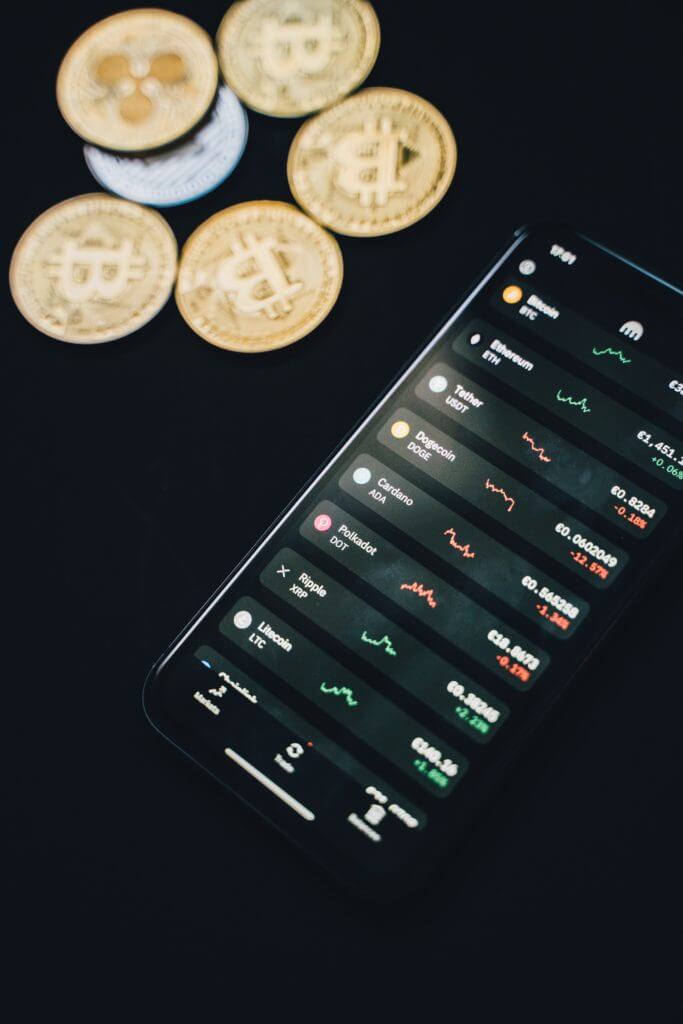Decentralized finance is a type of finance category that does not rely on central financial intermediaries such as brokerages, exchanges or banks. “DeFi,” unlike traditional financial instruments, uses smart contracts. Explained here, smart contracts are lines of code that contain business logic. With these on the blockchain, commonly Ethereum, DeFi allows people to lend or borrow from other people, trade, invest or speculate within the marketplace globally. The lack of need for the middleman is a benefit to many investors.
Over the past few years, the movement to create an interconnected, decentralized finance system has increased. Through DeFi, the entire banking system becomes automated, and the world banking system will no longer be dependent on where you live. Currently, there is only about $700 million circulating in the DeFi market.
Transactions through the DeFi market are tied to stable cryptocurrencies. These transactions occur continuously so lenders and borrowers can take advantage of fluctuating interest rates. Borrowers must offer collateral in the form of crypto-assets such as NFTs or cryptocurrencies.
The future of DeFi is not currently set in stone. While many startups are focusing on the technical components of this new framework, it leads to the question of where and how this will be used in the future.
Decentralized finance is still in its infancy, but it is known that DeFi uses blockchain technology and crypto-assets like NFTs as collateral within its financial structures. The future of this system is bright and could eventually become the global or galactic standard. Read about the future of NFTs and Cryptoassets here
Information about Decentralized Finance was referenced from The Financial Times article, “’DeFi’ Movement Promises High Interest but High Risk.” Read it here.







